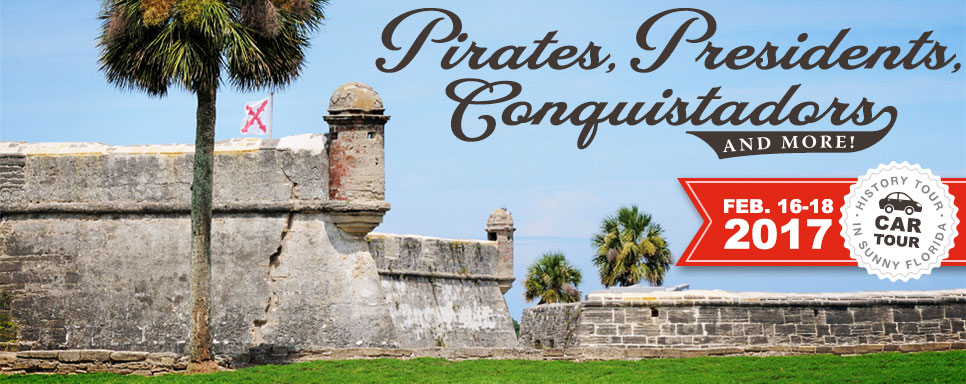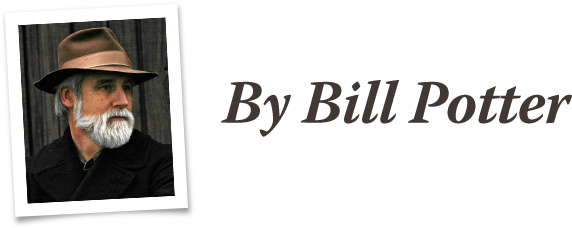
Susan Constant, 1606
“They that go down to the sea in ships, that do business in great waters; these see the works of the Lord and the wonders of the deep . . . they cry unto the Lord in their trouble, and he bringeth them out of their distresses. . . so he bringeth them unto their desired haven. Oh that men would praise the Lord for his goodness.” —from Psalm 107
Search for Colonies in the New World
Following the major setback of Spanish ambitions with the destruction of the Armada in 1588, England entered the search for colonies in the New World in earnest. The first forays met with dissolution and disaster, especially Sir Walter Raleigh’s little settlement at Roanoke Island off the coast of what would become North Carolina. Richard Hakluyt, a Church of England minister, clandestinely collected the accounts of explorers from many European countries and distilled their knowledge and wisdom into principles of navigation and settlement which were published in book form for English sea captains venturing out to establish new plantations. He proclaimed that English settlement in the New World would be a “moste godly and Christian work” that would ultimately lead to “the gayninge of . . .the soules of millions of those wretched people,” bringing them “from darkness to lighte.” Furthermore, trade with the natives and exploiting the natural resources would make the ventures profitable and would establish a beachhead against Spanish hegemony in North America.
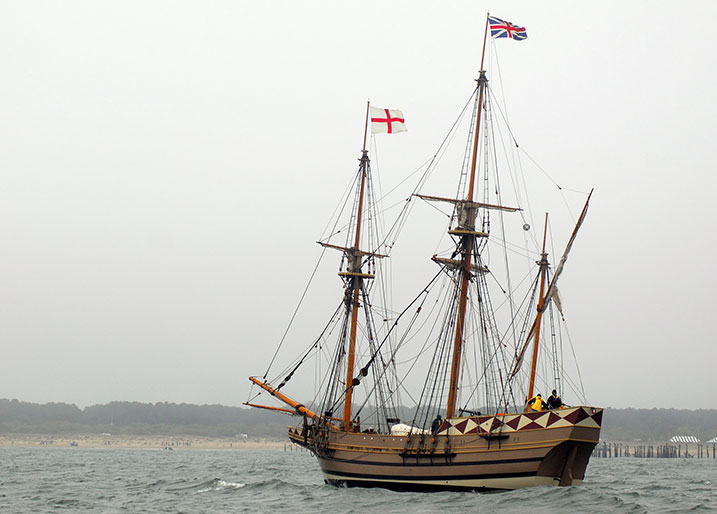
Reenactment of the first landing
on the North American mainland
|
|
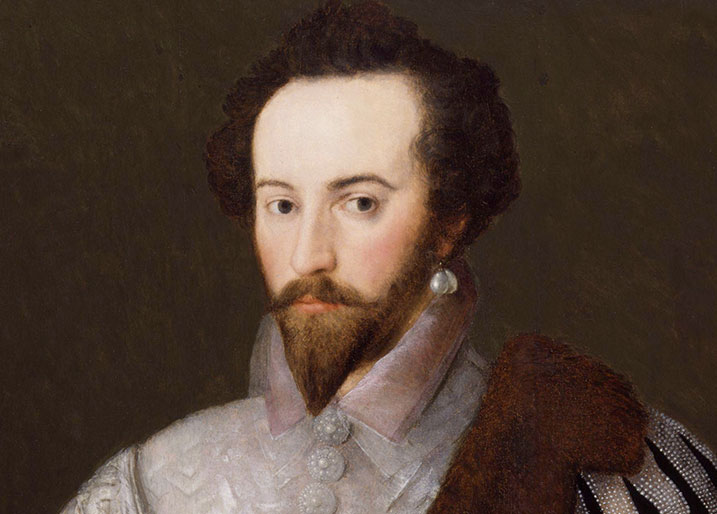
Sir Walter Raleigh
|
Three Ships — One Hundred Forty-Four Men
When Queen Elizabeth died in 1603, the commitment to explore north of Spanish Florida did not die with her. Her successor James I ended English piracy against Spain, but was willing to back ventures funded by private investors to pursue permanent plantations. A royal charter was granted to a diverse group of gentlemen patentees, backed by several of the nobility, to fund an expedition. Two companies, the Plymouth and the London, divided the geographical range of the coast from Maine to Georgia. They were overseen by the royal “Virginia Council” to make sure the crown’s interests were looked after.
On 20 December, 1606 three small ships left the Blackwall docks in London and set out to plant a settlement somewhere along the Chesapeake Bay region. The heavily armed merchantman Susan Constant, captained by ex-privateer Christopher Newport, carried seventy-one passengers and crew, the Godspeed commanded by Bartholomew Gosnold with fifty-two men, and the pinnacle Discover captained by John Ratcliffe with twenty-one men, braved the most dangerous ocean in the world for the next five months before sighting “the land of Virginia.” They explored the land and the rivers and settled on a rather unhealthy spot (as it turned out) along the river they named after King James.
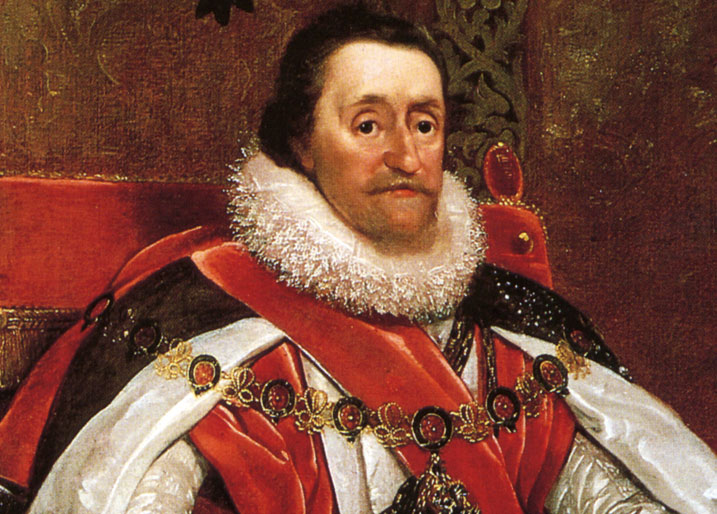
King James VI of Scotland and I of England
|
|
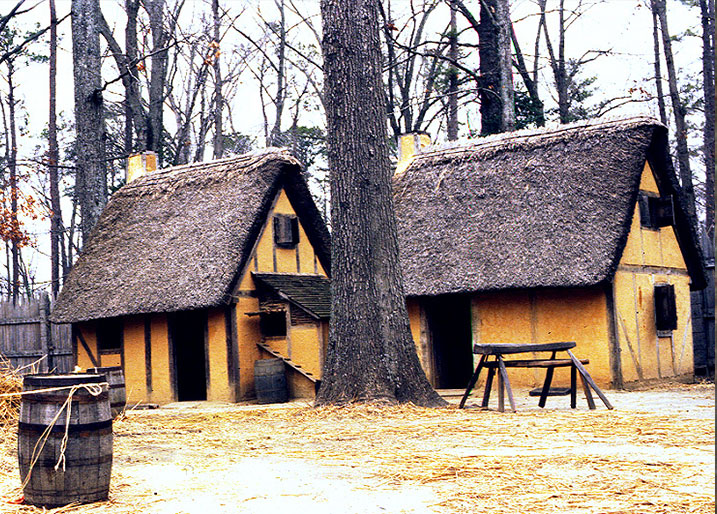
Reconstructed fist houses at Jamestown
|
First Permanent English Colony in North America
The Jamestown Colony became the first permanent English colony in North America though it went through almost unbelievable hardship and death. The “plantation” met with hostility from the natives, some of it generated by the Englishmen themselves, starvation, discord, and disease. By the providence of God the colony survived and in a few short years, learned to thrive by the efforts of Captain John Smith and others. The birth of America was painful in the extreme.
There are many lessons to be learned from the Jamestown expedition and settlement. Even planning and perseverance will not succeed without the providential enabling of God. Hard work and healthy diet, while vital to survival, must be combined with spiritual health for ultimate prosperity. Landmark Events explores the shores of Virginia at Jamestown and we teach about some of the related issues in our Florida tour, for it all impinges on both Spanish and English settlement.
View More History Highlights on the Landmark Events Web Site!

|






